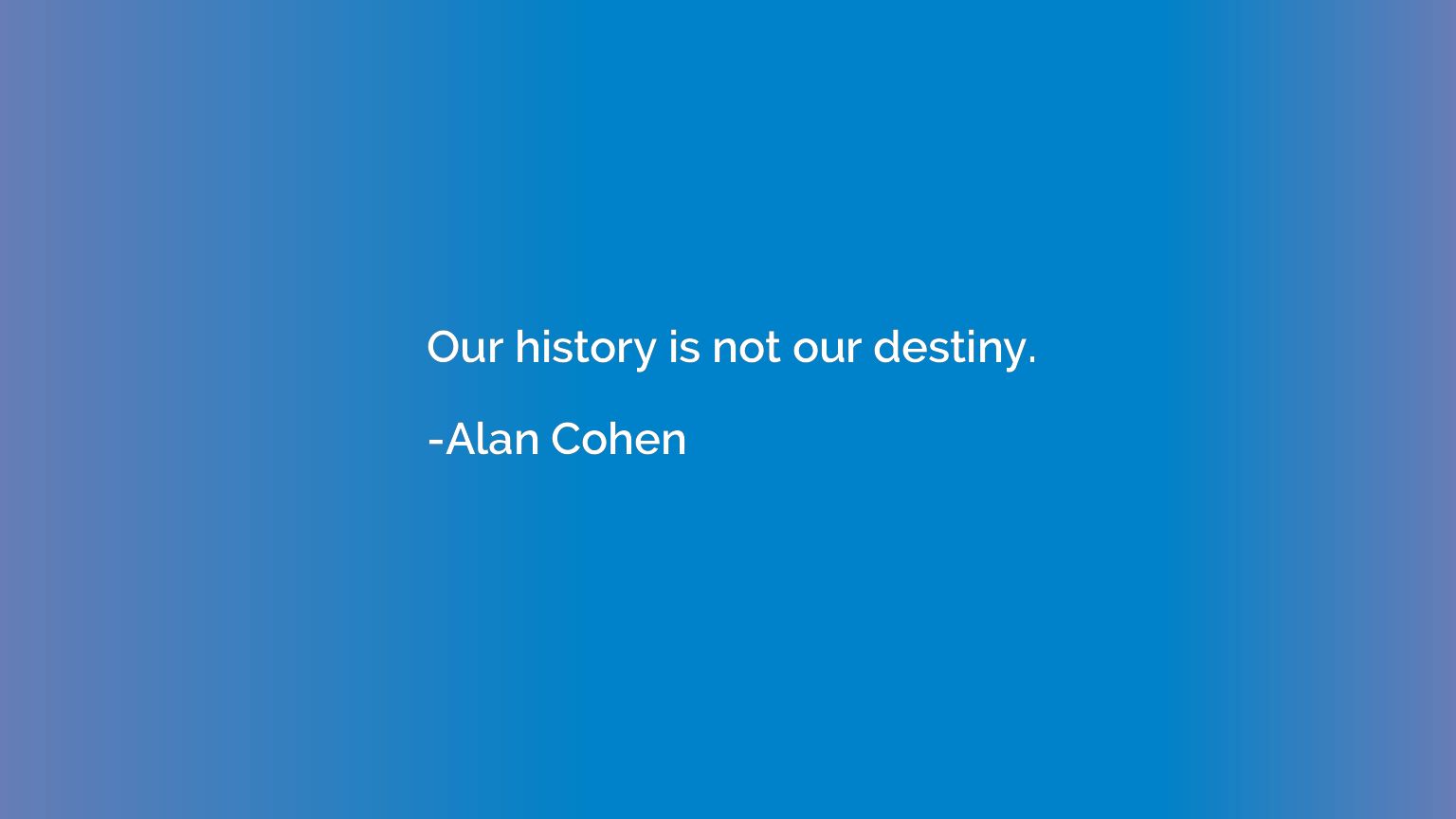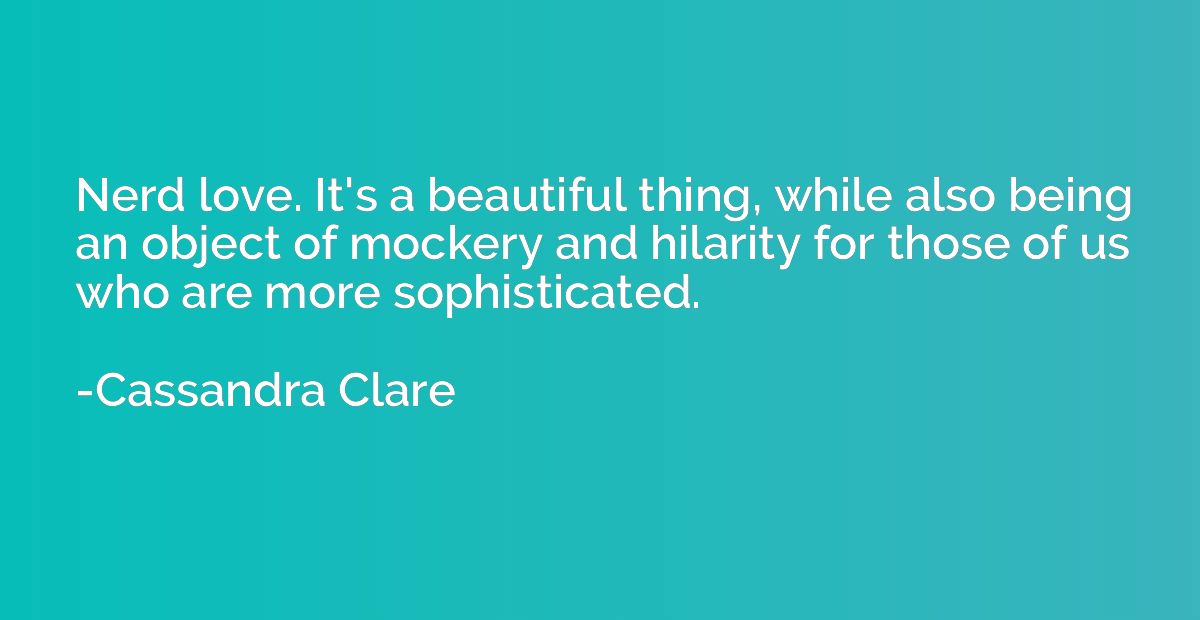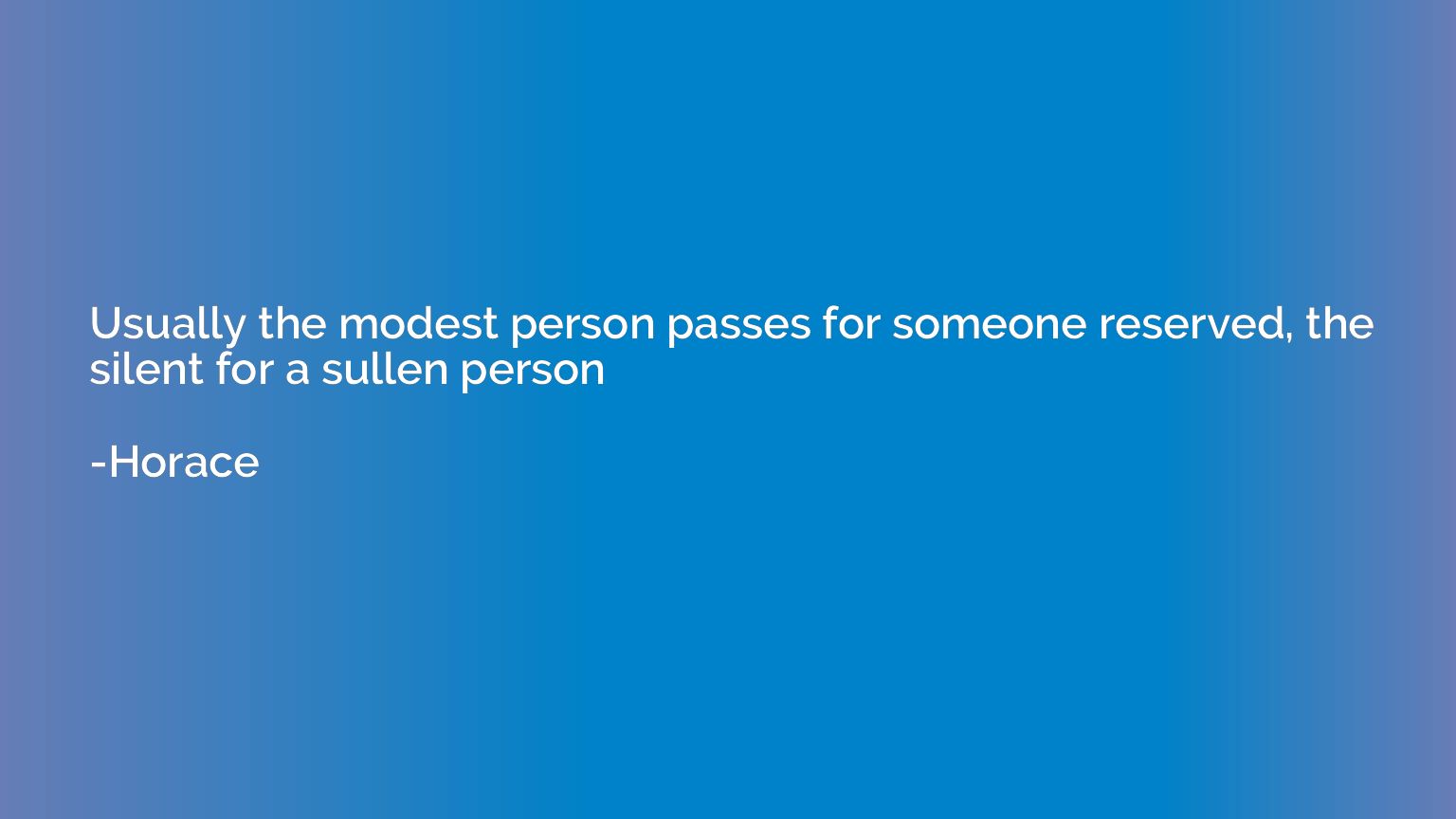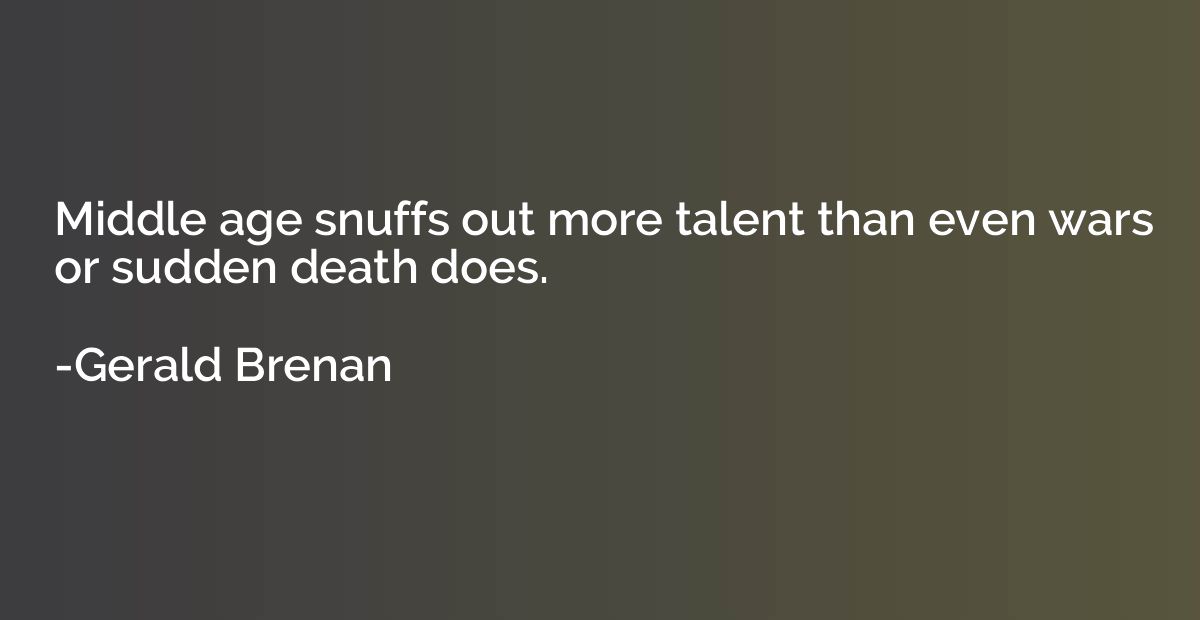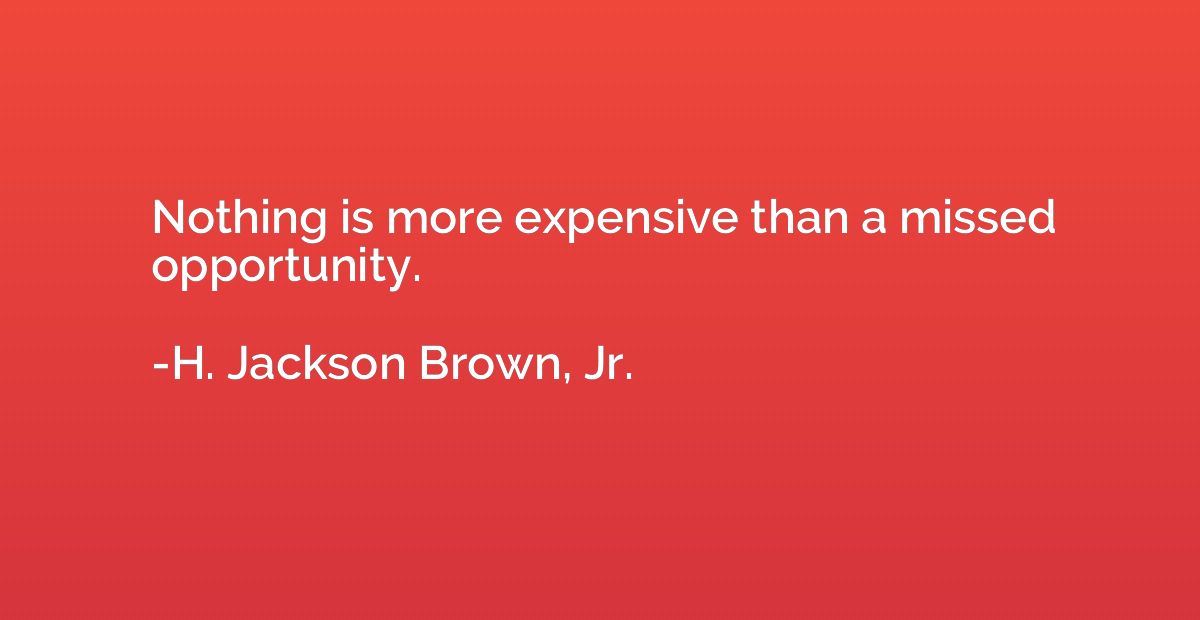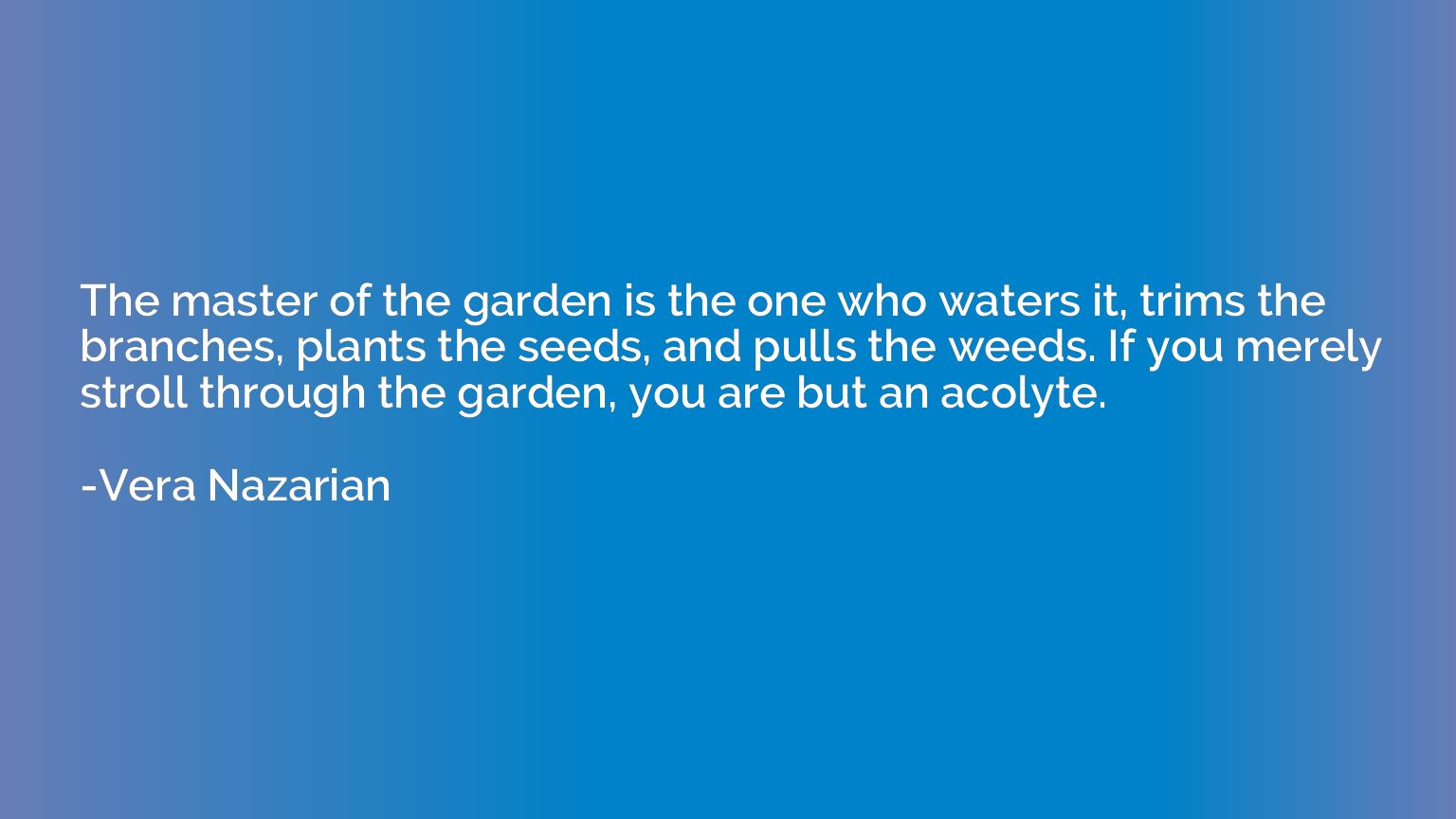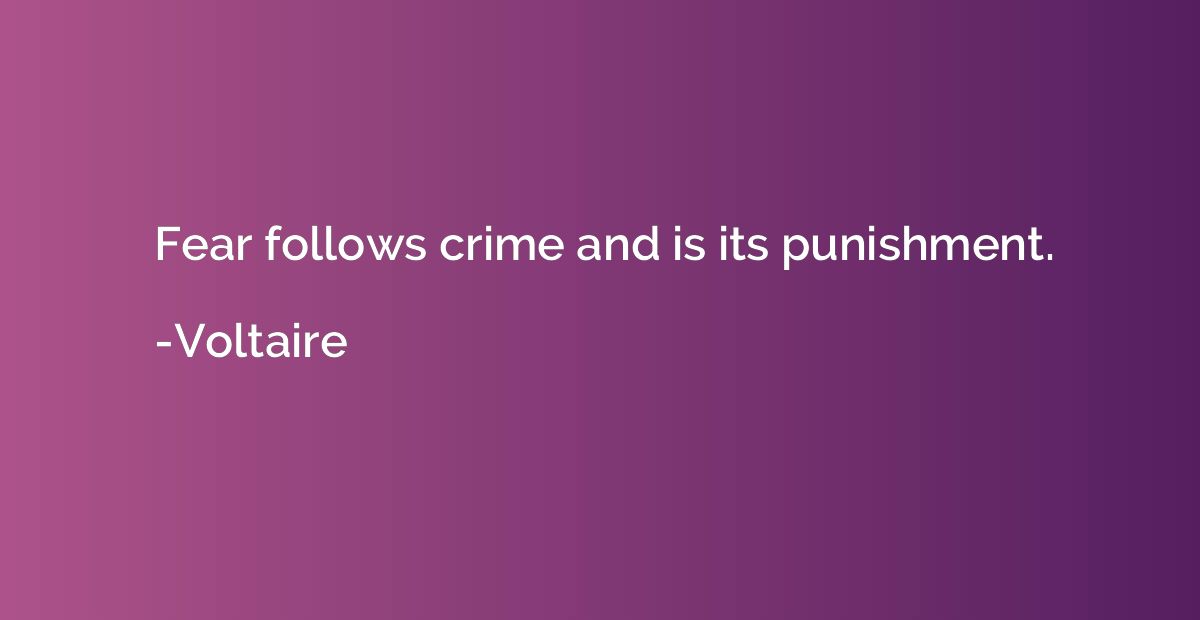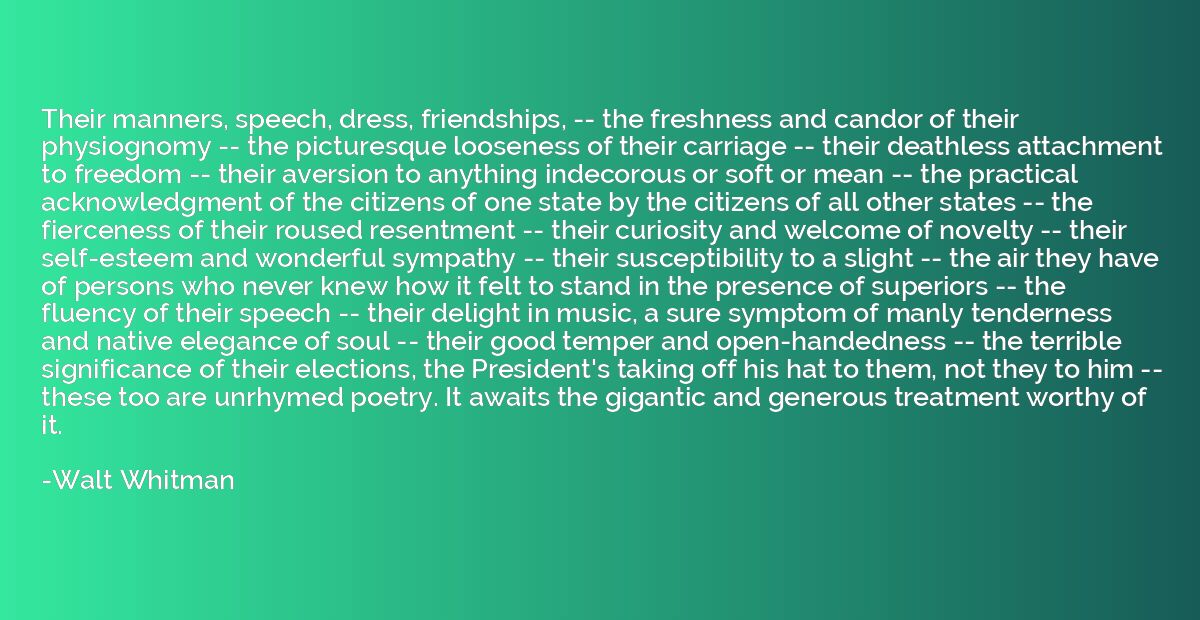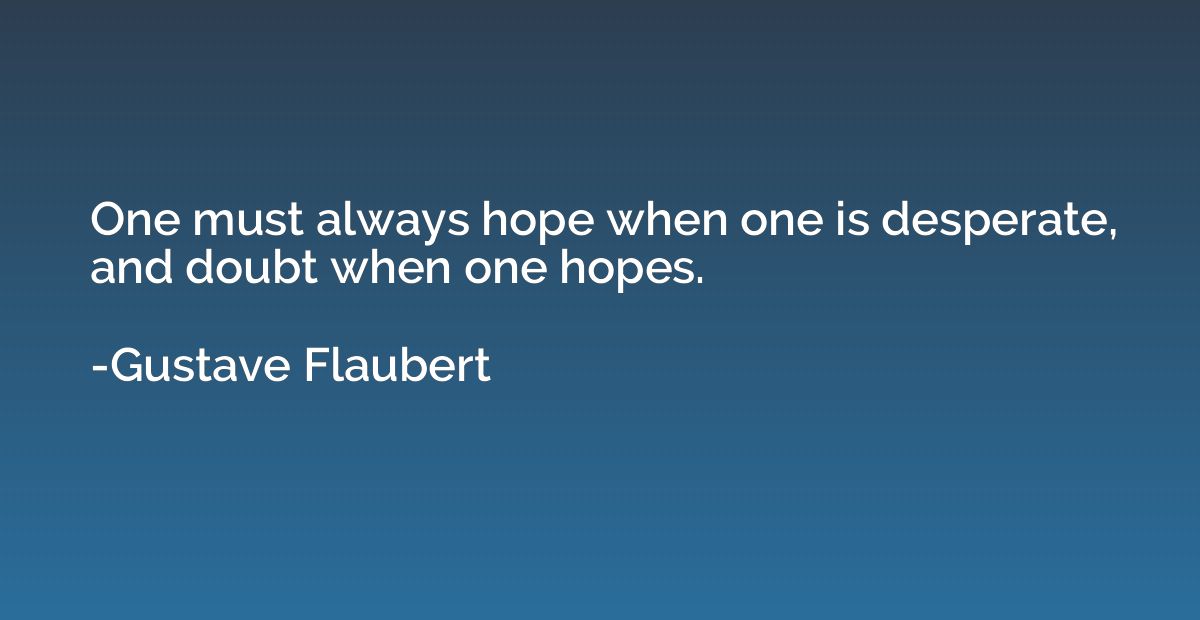Quote by Source Unknown
Not what you have, but what you see; Not what you see, but what you choose; Not what seems fair, but what is true; Not what you dream, but what you do; Not what you take, but what you give; Not as you pray, but as you live. These are the things that mar or bless The sum of human happiness.
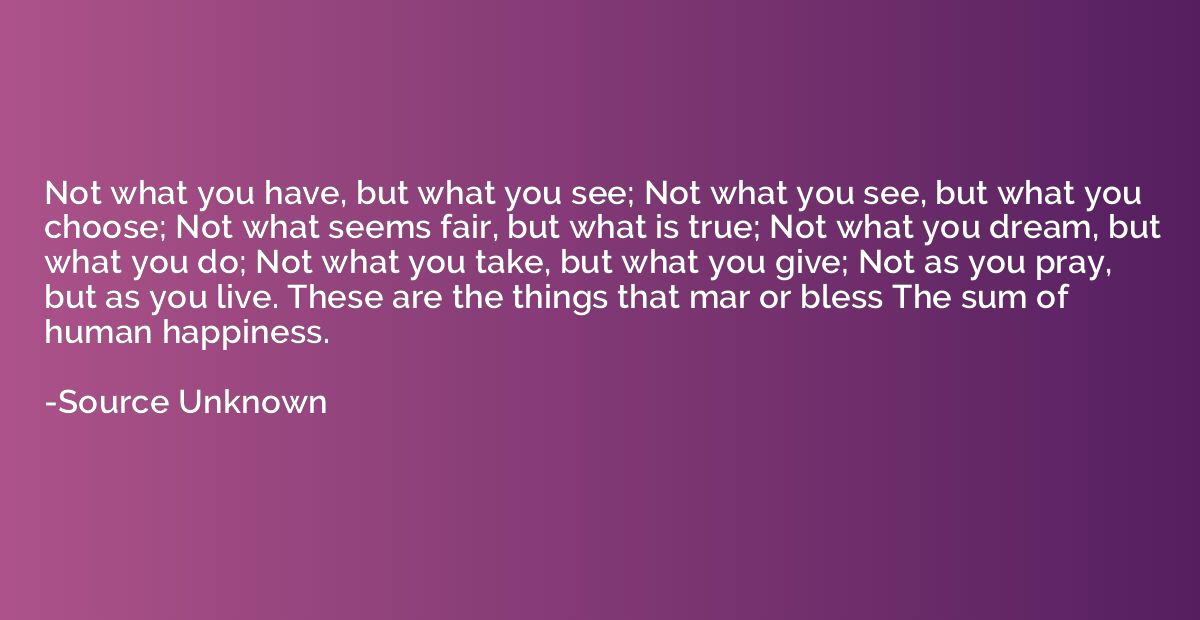
Summary
This quote emphasizes the importance of perception and choices in shaping our lives and the happiness we experience. It implies that it is not only about the material possessions one has, but more about how one sees the world and the choices they make. It encourages individuals to value truth over what may seem fair, and promoting positive action over mere dreams. Furthermore, it highlights the significance of giving rather than taking, and the integration of prayer with practical living. Ultimately, it suggests that our actions and attitudes are the ultimate factors that determine the overall level of human happiness.



